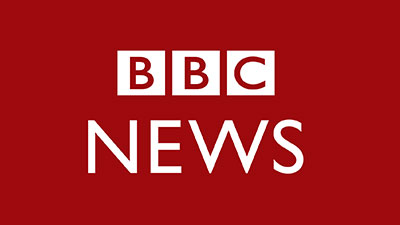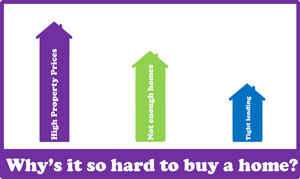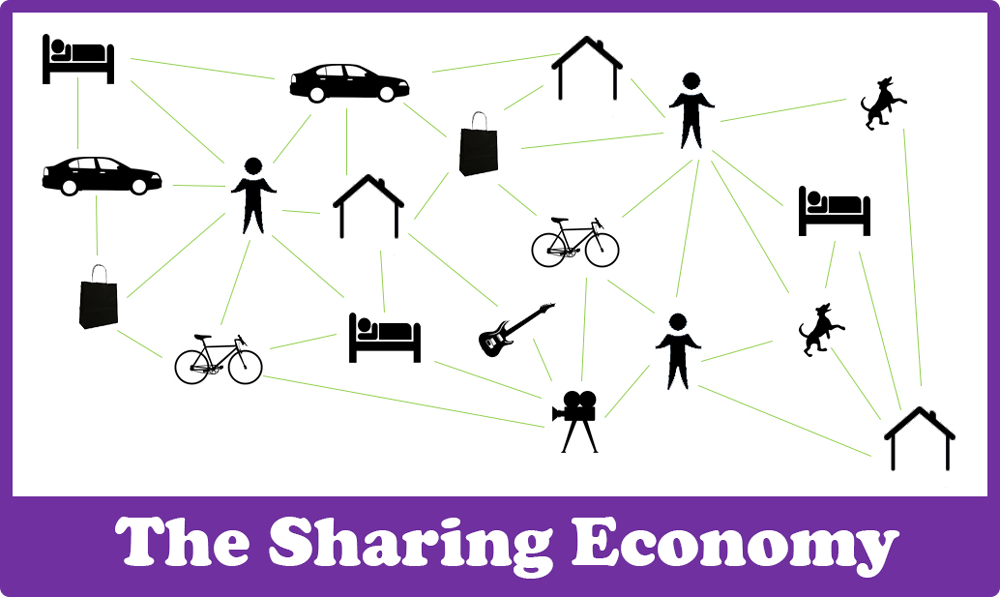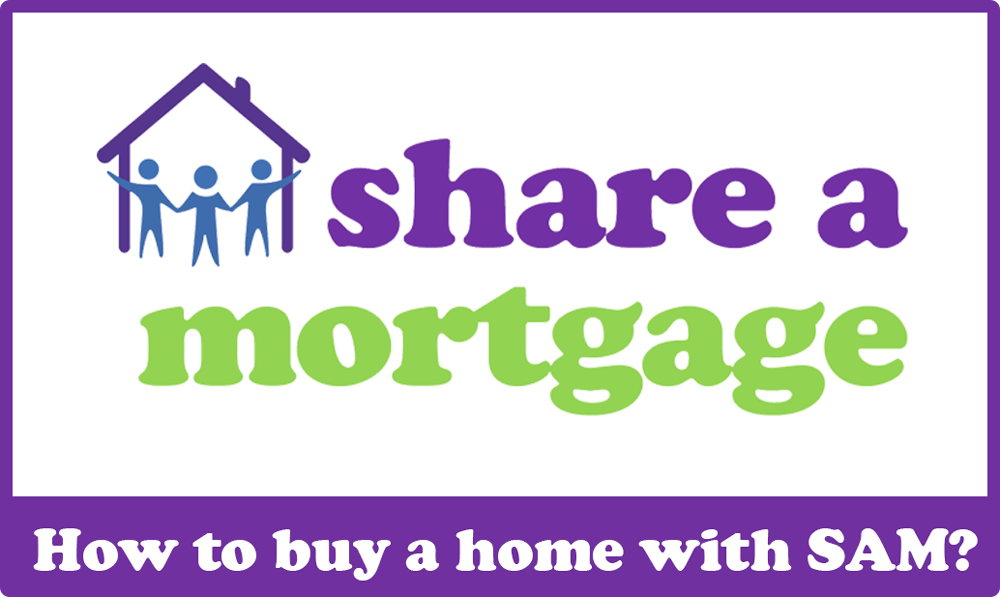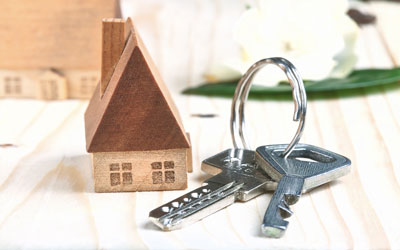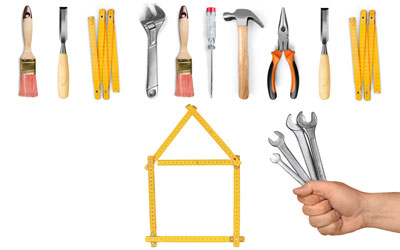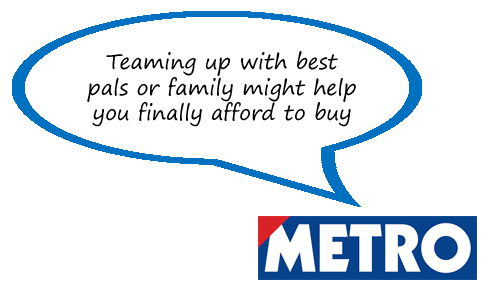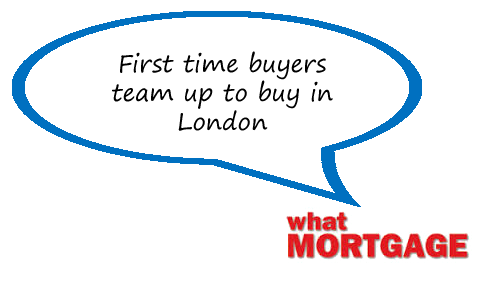Make a quick enquiry
Follow Us
The Sharing Economy
“The pooling of resources and the sustainable sharing of an opportunity that would otherwise be unavailable“
Andrew Boast, Co-Founder of Share a Mortgage
In an age where resources are strained through over-demand, consumers understand the need to share what they have. With property prices escalating and homes in short supply, the housing market is a perfect candidate for the Sharing Economy.
The Sharing Economy has opened doors in new ways such that consumers can interact with each other and can now share a mortgage, spare room, your car or even your pet. For those within the Sharing Economy there is a sense of community and camaraderie with their fellow sharers in an understanding that their relationship is built on trust.
Through the sharing of assets consumers find a sustainable platform within their community without depleting further resources unnecessarily. In the example of sharing a car, instead of consumers all having a car (sometimes 2) and creating a huge demand on scarce resources - including fossil fuels among other things - they can share their journeys using another consumer’s car, with them or on their own. Through sharing, consumers are able to achieve their goals still but in a more sustainable and cost-effective way.
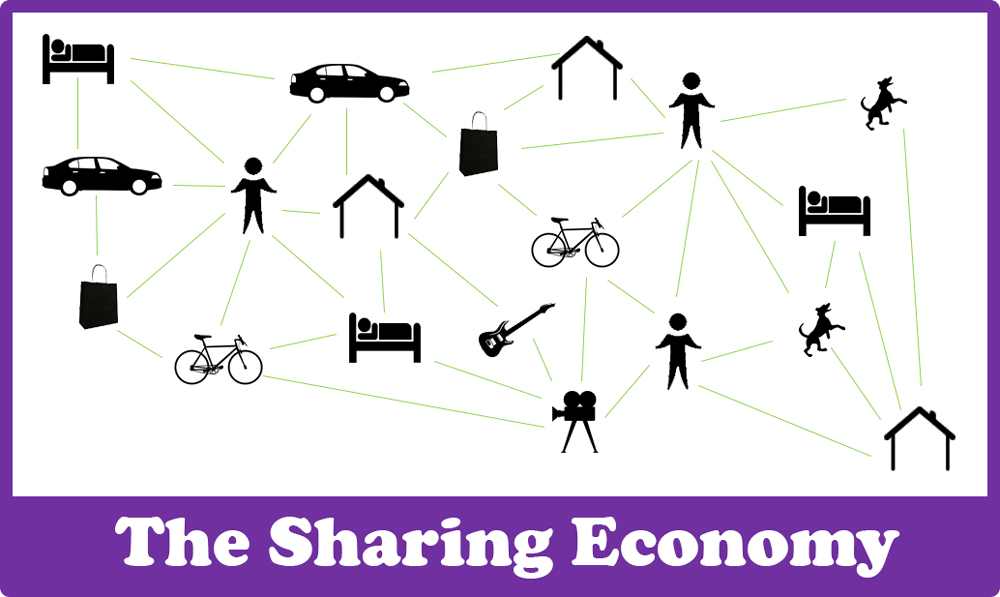
“The Sharing Economy (sometimes also referred to as the peer-to-peer economy, mesh, collaborative economy, collaborative consumption) is a socio-economic system built around the sharing of human and physical assets. … A common premise is that when information about goods is shared, the value of those goods may increase, for the business, for individuals, and for the community. “
Wikipedia
Market leaders
The web leads the way in opening up a fresh approach to co-ownership for consumers looking to join the Sharing Economy and the market leaders are:
| Ebay | Sharing your property |
| AirBNB | Sharing your spare room |
| Blablacar | Sharing your car |
| Borrow my Puppy | Sharing your pet |
| Crowdcube | Sharing your investment |
| SoundCloud | Sharing your music |
| Match.com | Sharing your life |
| Streetbank | Sharing with your neighbour |
| Share a Mortgage | Sharing your mortgage |
All of these companies have become market leaders within the Sharing Economy by embracing the consumer’s needs to share their resources with other consumers within their community in an open and efficient way.
The online community
The most common event we all aspire to is at the heart of the Sharing Economy: our chance to meet someone to share our life with. Yes, even this can be found online via a plethora of dating websites. Once seen as socially unacceptable and the reserve of the unpopular, online dating has become the second most common way to meet a mate. A study conducted in 2009 showed that even then, 22% of the couples surveyed had met on the internet and it is projected that within 20 years this will increase to 50%.
Success may be down to the research you can do before you meet your date, or the websites' management of the ensuing relationship until you leave. What is clear is that consumers are now trusting the web to help them find other consumers to share with and the Sharing Economy is allowing new relationships to build that strengthen all participants' buying power.
The Sharing Economy for home buyers
As we saw from ‘ What’s the problem? ’, there is a serious shortage of houses which has forced property prices to the highest they have ever been in London with the rest of England following not far behind. With a shortfall of supply and an ever-increasing demand, the Sharing Economy presents a new way for home buyers to step onto the housing ladder.
With the power of 2 salaries, 2 savings and 2 buyers, the collaborative buying power of 2 home buyers opens up opportunities that one home buyer on their own would not be able to achieve. By sharing together, 2 consumers not only increase their buying power but also create a sustainable solution by reducing their individual demands for housing. With 8m properties in England under-occupied, and a market screaming out for more houses, the Sharing Economy presents a sustainable solution to this over-demand on resources.
Aligning your needs
Within the Sharing Economy, the idea that 2 home buyers can benefit is clear, however how do they align their needs to each other? This is the really cool part about the Sharing Economy because one consumer’s weakness may be another consumer’s strength and vice versa.
Here is an example; where Jane has a deposit of £25,000 but a small salary of £16,000. Michelle has a small deposit of £5,000 and a large salary of £35,000. On Jane’s salary she’d only be able to get a mortgage for £64,000 and Michelle’s deposit isn’t enough to reach the 10% needed. Together though, their deposits are £30,000 enabling a potential mortgage of £204,000. Their buying power together gives them an opportunity to buy a property for £234,000, whereas on their own, neither would be able to buy.
What we see here is the pumping heart of the Sharing Economy, where the whole is greater than the sum of its parts. As individual consumers, they don’t have the power to buy a home, but together they can, mutually benefiting from this new alliance.
The Sharing Economy has become the standard for a growing number in the online community, creating a forged alliance of trust between these consumers. The housing market is following this trend and is launching into a new age of collaborative home buying.
Click below to find out about:
